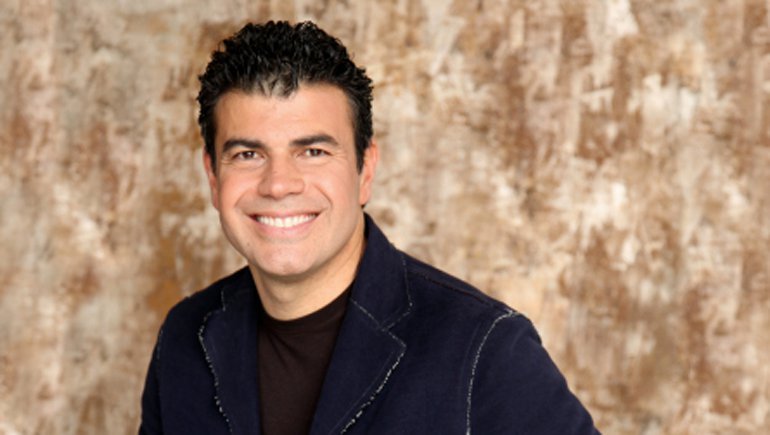Posted at 00:00h
in
Uncategorized
The passionate attachment between man and woman that is known as romantic love can generate the most profound ecstasy. It can also generate, when frustrated, the most unutterable suffering. Yet for all its intensity, the nature of that attachment is little understood. To some who associate “romantic” with “irrational,” romantic love is a temporary neurosis, an emotional storm, inevitably short-lived, which leaves disillusionment and disenchantment in its wake. To others, romantic love is an ideal that, if never reached, leaves one feeling one has somehow missed the secret of life.
Looking at the tragedy and confusion so many experience in romantic relationships, many persons have concluded that the idea of romantic love is somehow fundamentally wrong, a false hope. Romantic love is often attacked today by psychologists, sociologists, and anthropologists, who frequently scorn it as an immature, illusory ideal. To such intellectuals, the idea that an intense emotional attachment could form the basis of a lasting, fulfilling relationship is simply a neurotic product of modern Western culture.
Young people growing up today in century North America take for granted certain assumptions about their future with the opposite sex, assumptions that are by no means shared by all other cultures. These include that the two people who will share their lives will choose each other, freely and voluntarily, and that no one, not family or friends, church or state, can or should make that choice for them; that they will choose on the basis of love rather than on the basis of social, family, or financial considerations; that it very much matters which human beings they choose and, in this connection, that the differences between one human being and another are immensely important; that they can hope and expect to derive happiness for the relationship with the person of their choice and that the pursuit of such happiness is entirely normal, indeed is a human birthright; and that the person they choose to share their life with and the person they hope and expect to find sexual fulfillment with are one and the same. Throughout most of human history, all these views would have been regarded as extraordinary, even incredible.
Only during the past nine or ten decades have some of the educated classes in non-Western cultures rebel against the tradition of marriage arranged by families and looked to the West and its concept of romantic love as a preferred ideal.
Although in Western Europe the idea of romantic love (in some sense) has had a long history, its acceptance as the proper basis of marriage has never been as widespread as it has been in American culture. As Burgess and Locke (1953) write in their historical survey
The Family: From Institution to Companionship, “It is in the United States that perhaps the only, at any rate the most complete, demonstration of romantic love as the prologue and theme of marriage has been staged.”
Why the United States? The answer, at least in part, is philosophical. What was distinctive about the American outlook and represented a radical break with its European past were its unprecedented commitment to political freedom, its individualism, its doctrine of individual rights, and, more specifically, its belief in a person’s right to happiness
here on earth. Both the individualism and the secularism of this country were essential for the ideal of romantic love to take deep cultural root.
Even now, in the midst of the rampant cynicism of so many people today, and notwithstanding the attacks on romantic love by American intellectuals, men and women continue to fall in love. The dream dies, only to be reborn. Moved by a passion they do not understand for a goal they seldom reach, men and women are haunted by the vision of a distant possibility that refuses to be extinguished.
What, at its best, is the nature of that vision? And what does its realization depend on? That is the subject I wish to address.













